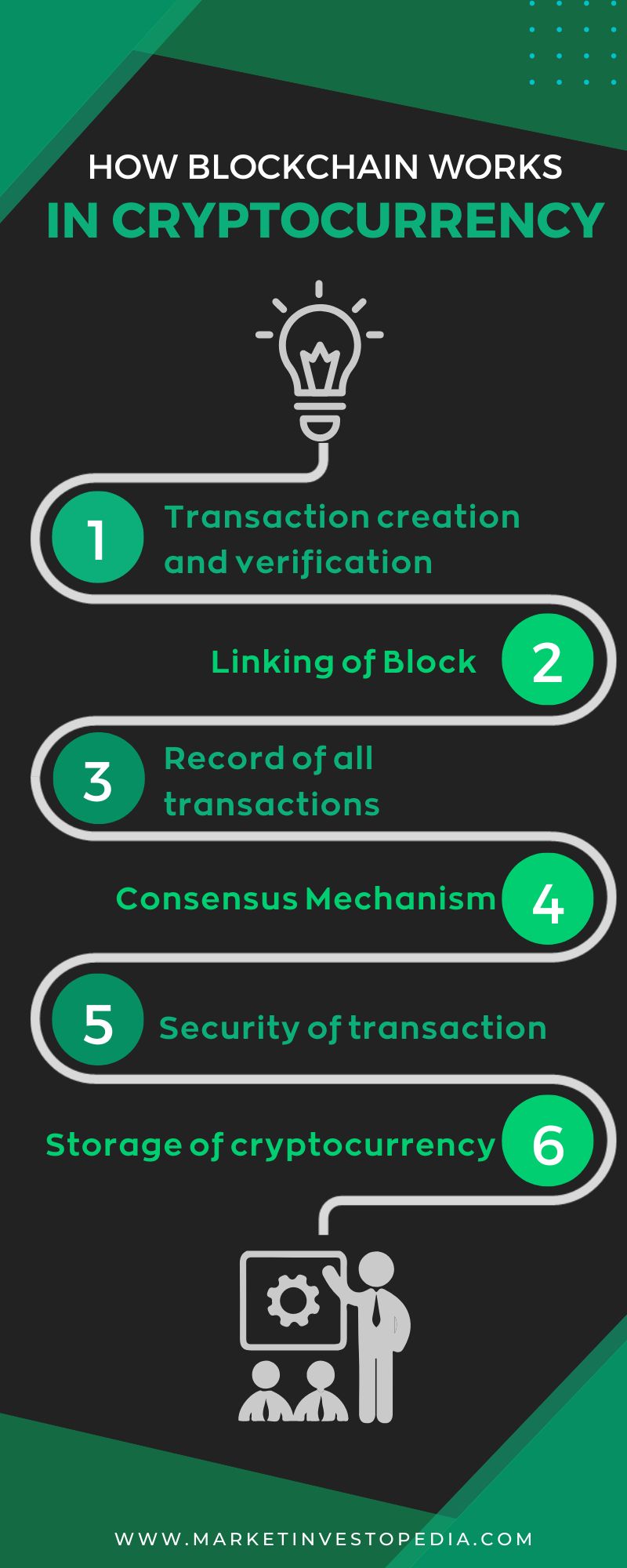
Here at CoinMarketCap, we work very hard to ensure that all the relevant and up-to-date information about cryptocurrencies, coins and tokens can be located in one easily discoverable place Casino Sign Up Bonus. From the very first day, the goal was for the site to be the number one location online for crypto market data, and we work hard to empower our users with our unbiased and accurate information.
The very first cryptocurrency was Bitcoin. Since it is open source, it is possible for other people to use the majority of the code, make a few changes and then launch their own separate currency. Many people have done exactly this. Some of these coins are very similar to Bitcoin, with just one or two amended features (such as Litecoin), while others are very different, with varying models of security, issuance and governance. However, they all share the same moniker — every coin issued after Bitcoin is considered to be an altcoin.
The first chain to launch smart contracts was Ethereum. A smart contract enables multiple scripts to engage with each other using clearly defined rules, to execute on tasks which can become a coded form of a contract. They have revolutionized the digital asset space because they have enabled decentralized exchanges, decentralized finance, ICOs, IDOs and much more. A huge proportion of the value created and stored in cryptocurrency is enabled by smart contracts.
Most public blockchains arrive at consensus by either a proof-of-work or proof-of-stake system. In a proof-of-work system, the first node, or participant, to verify a new data addition or transaction on the digital ledger receives a certain number of tokens as a reward. To complete the verification process, the participant, or “miner,” must solve a cryptographic question. The first miner who solves the puzzle is awarded the tokens.
With thousands of cryptocurrencies available today, understanding the different types can help you make smarter choices, whether you are investing, trading, or simply exploring the technology. Each category, from payment coins and utility tokens to stablecoins and governance assets, plays a distinct role in the broader crypto ecosystem.
© 2017 – 2025 PwC. All rights reserved. PwC refers to the PwC network and/or one or more of its member firms, each of which is a separate legal entity. Please see www.pwc.com/structure for further details.
Privacy coins are designed to keep your financial transactions confidential. While most cryptocurrencies operate on transparent public ledgers, privacy coins use advanced cryptographic techniques to hide transaction details such as wallet addresses and transferred amounts. These coins offer greater anonymity and are often preferred by users who prioritise data protection in an increasingly transparent financial environment.
The dark web allows users to buy and sell illegal goods without being tracked by using the Tor Browser and make illicit purchases in Bitcoin or other cryptocurrencies. This is in stark contrast to U.S. regulations, which require financial service providers to obtain information about their customers when they open an account. They are supposed to verify the identity of each customer and confirm that they do not appear on any list of known or suspected terrorist organizations.

Although blockchain can save users money on transaction fees, the technology is far from free. For example, the Bitcoin network’s proof-of-work system to validate transactions consumes vast amounts of computational power. In the real world, the energy consumed by the millions of devices on the Bitcoin network is more than the country of Pakistan consumes annually.
A change in any data changes the hash of the block it was in. Because each block contains the previous block’s hash, a change in one would change the following blocks. The network would generally reject an altered block because the hashes would not match. However, a change can be accomplished on smaller blockchain networks.
“Because cryptocurrencies are volatile, they are not yet used much to purchase goods and services. But that is changing as PayPal, Square and other money service businesses make digital asset services broadly available to vendors and retail customers,” notes Patrick Daugherty, senior partner of Foley & Lardner and lead of the firm’s blockchain task force.
Without such processes, how could trusted payments take place? Enter blockchain, which has the potential to disrupt that process completely. And not just for payments, but other forms of transaction including the flow of goods and information around the world.
Alternatively, there might come a point where publicly traded companies are required to provide investors with financial transparency through a regulator-approved blockchain reporting system. Using blockchains in business accounting and financial reporting would prevent companies from altering their financials to appear more profitable than they really are.
The other issue with many blockchains is that each block can only hold so much data. The block size debate has been and continues to be one of the most pressing issues for the scalability of blockchains in the future.